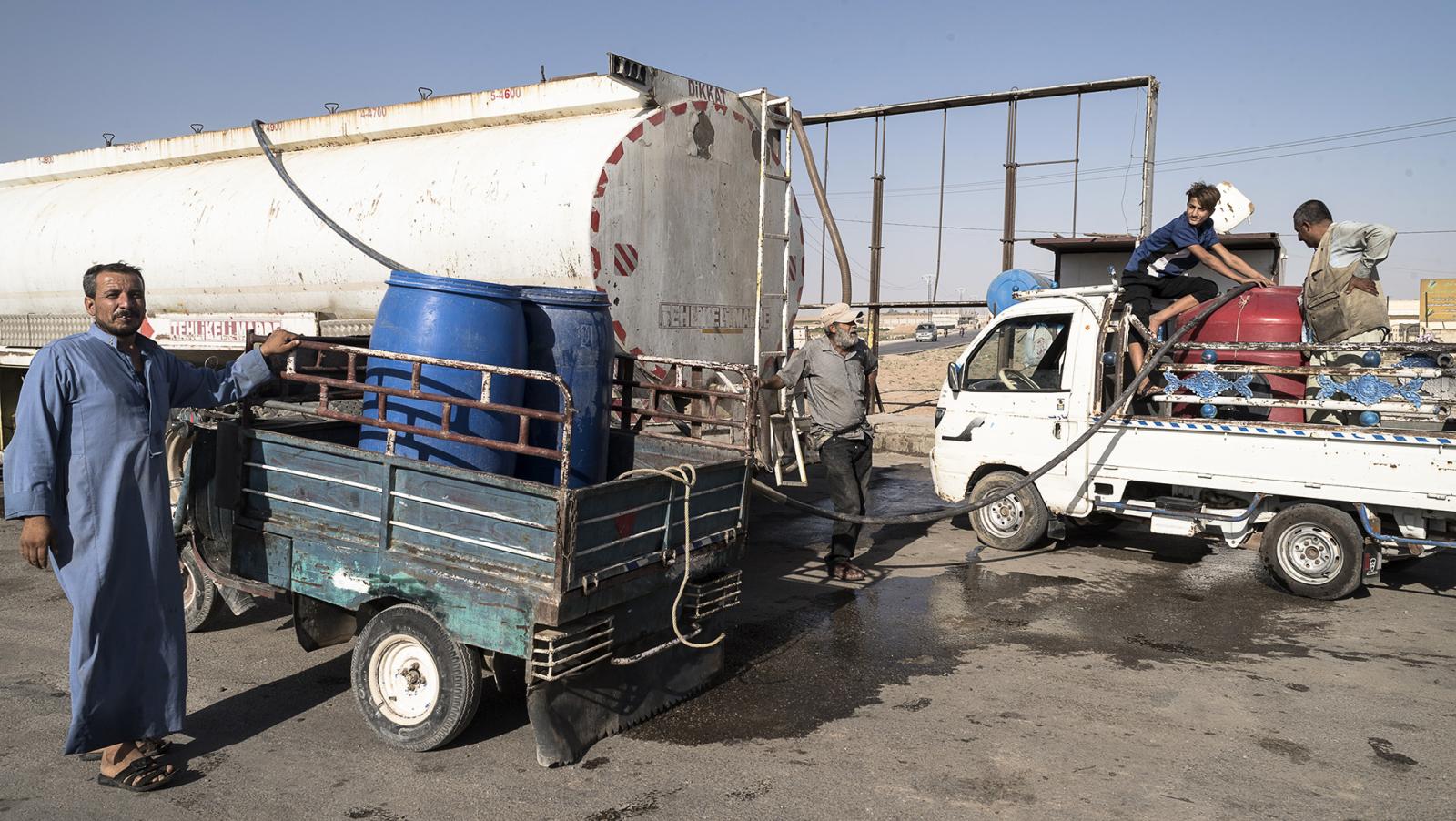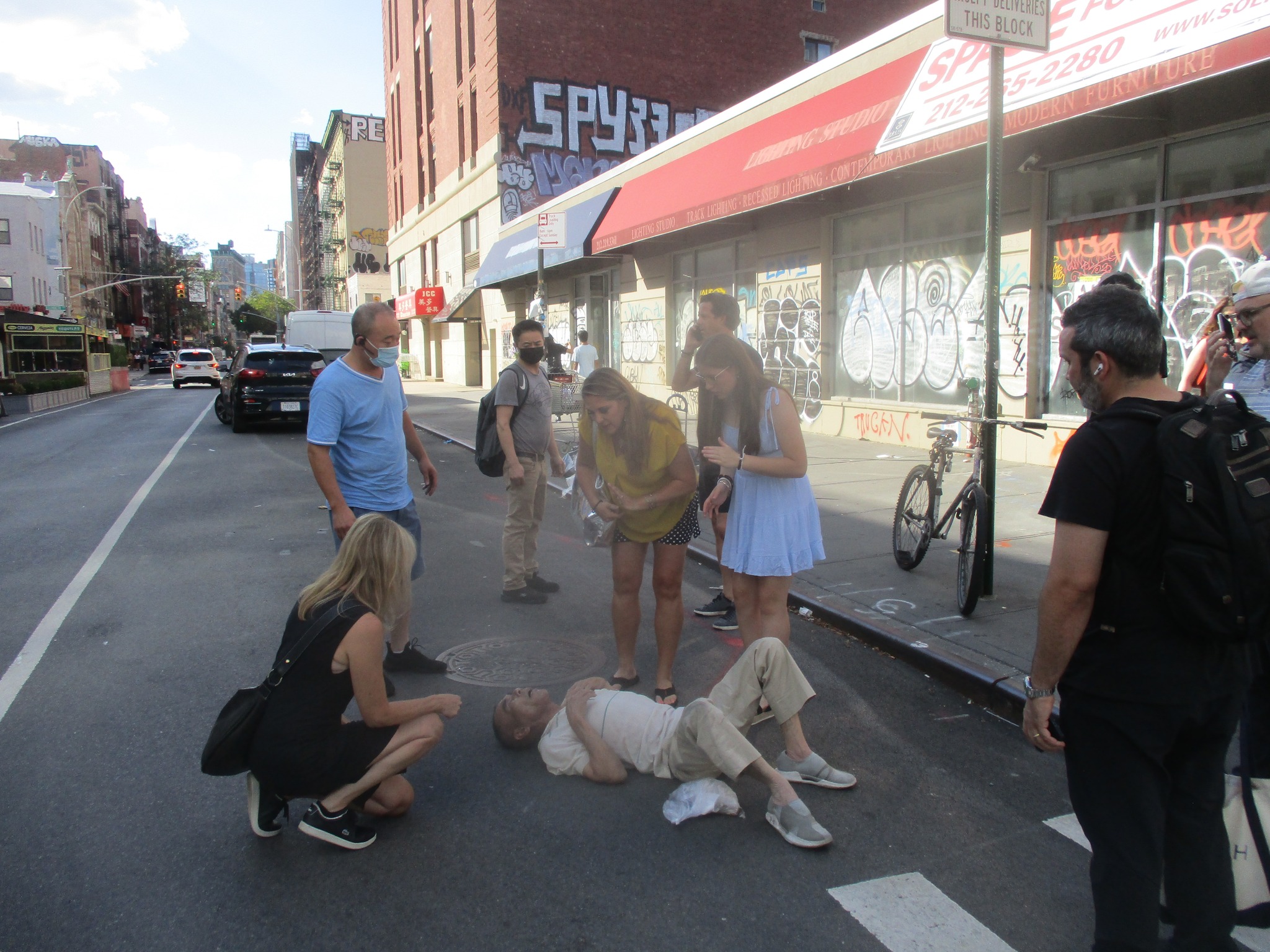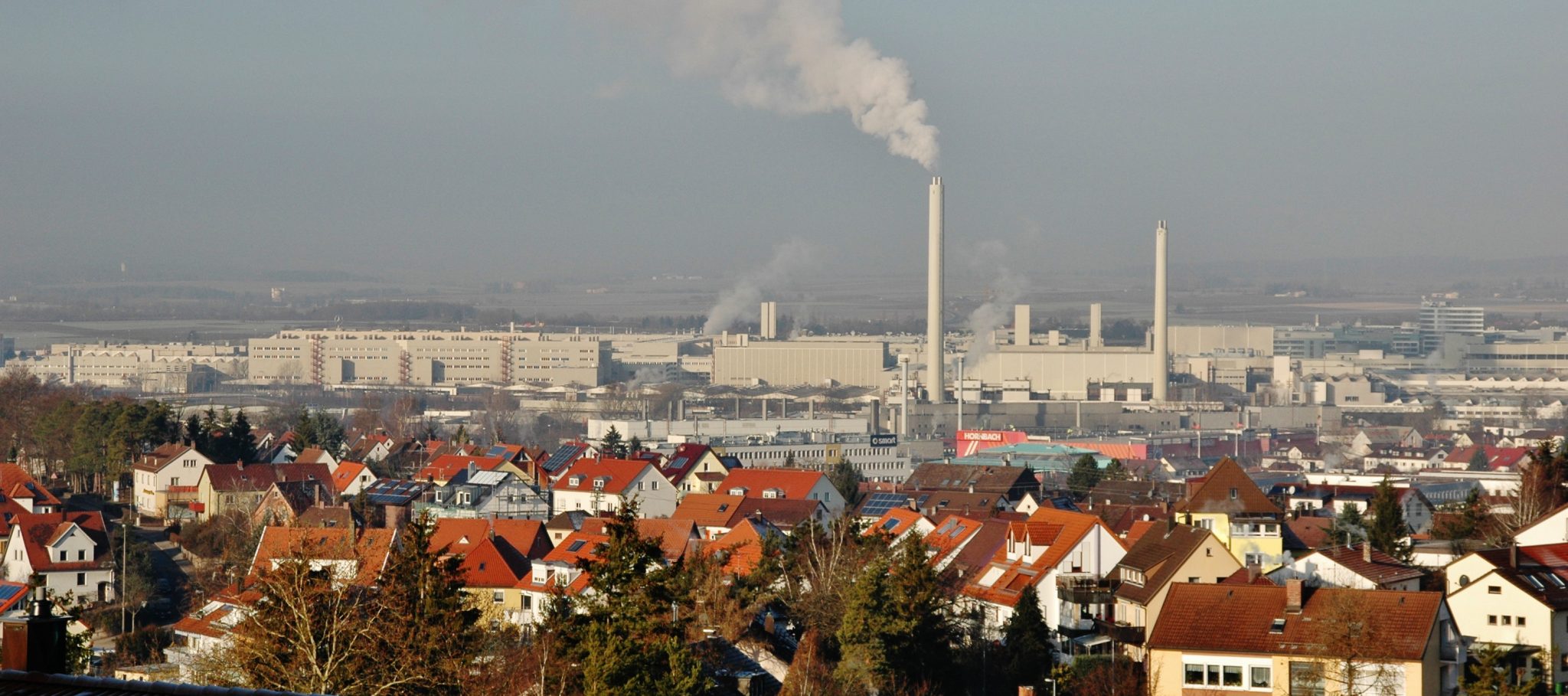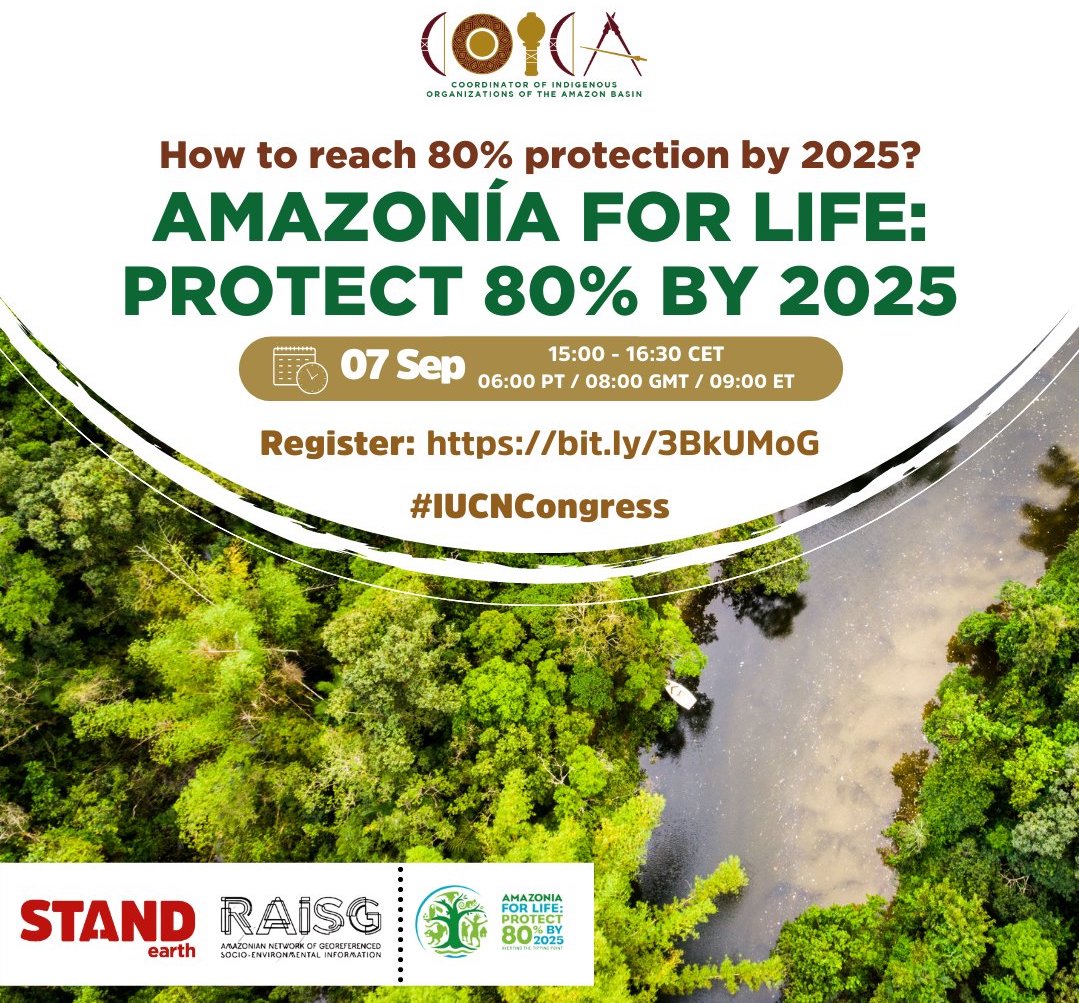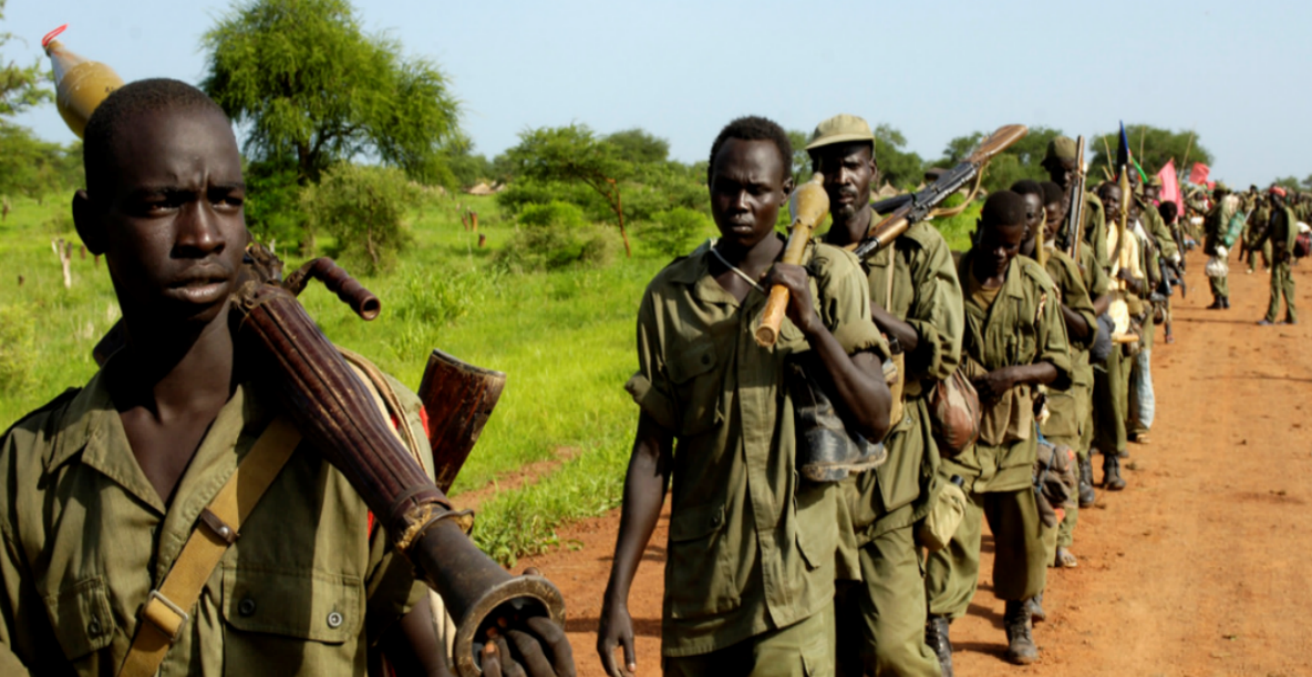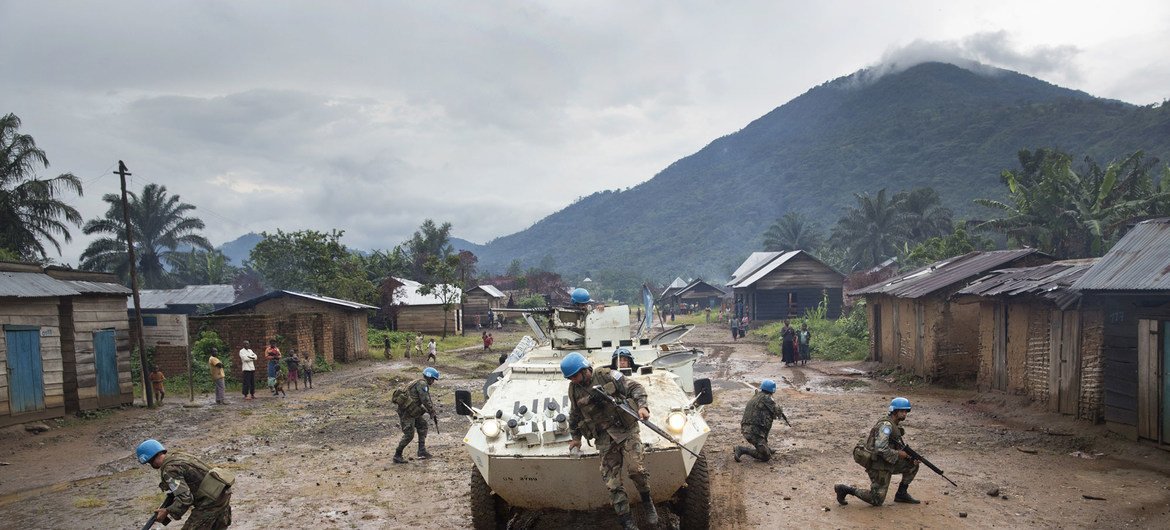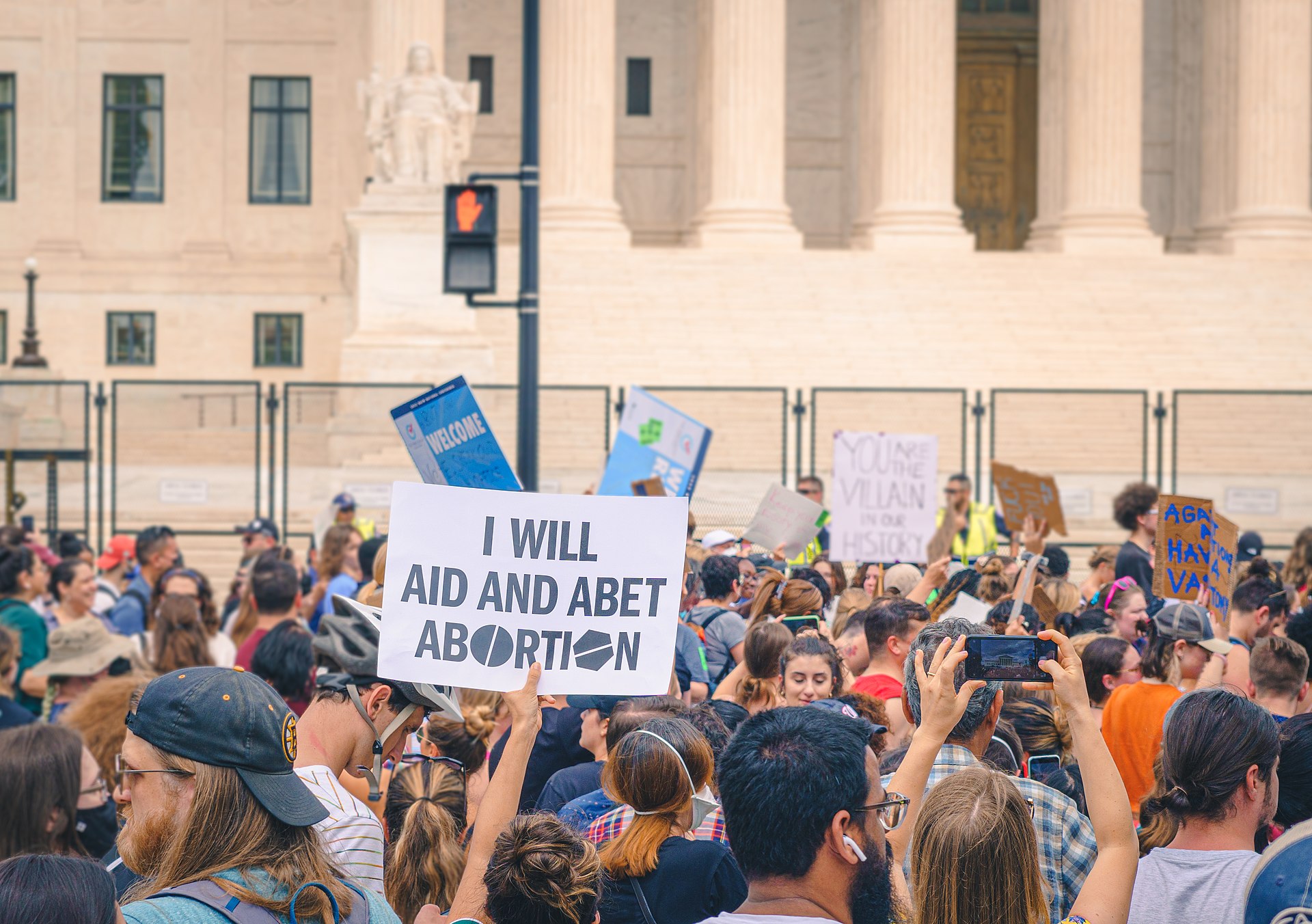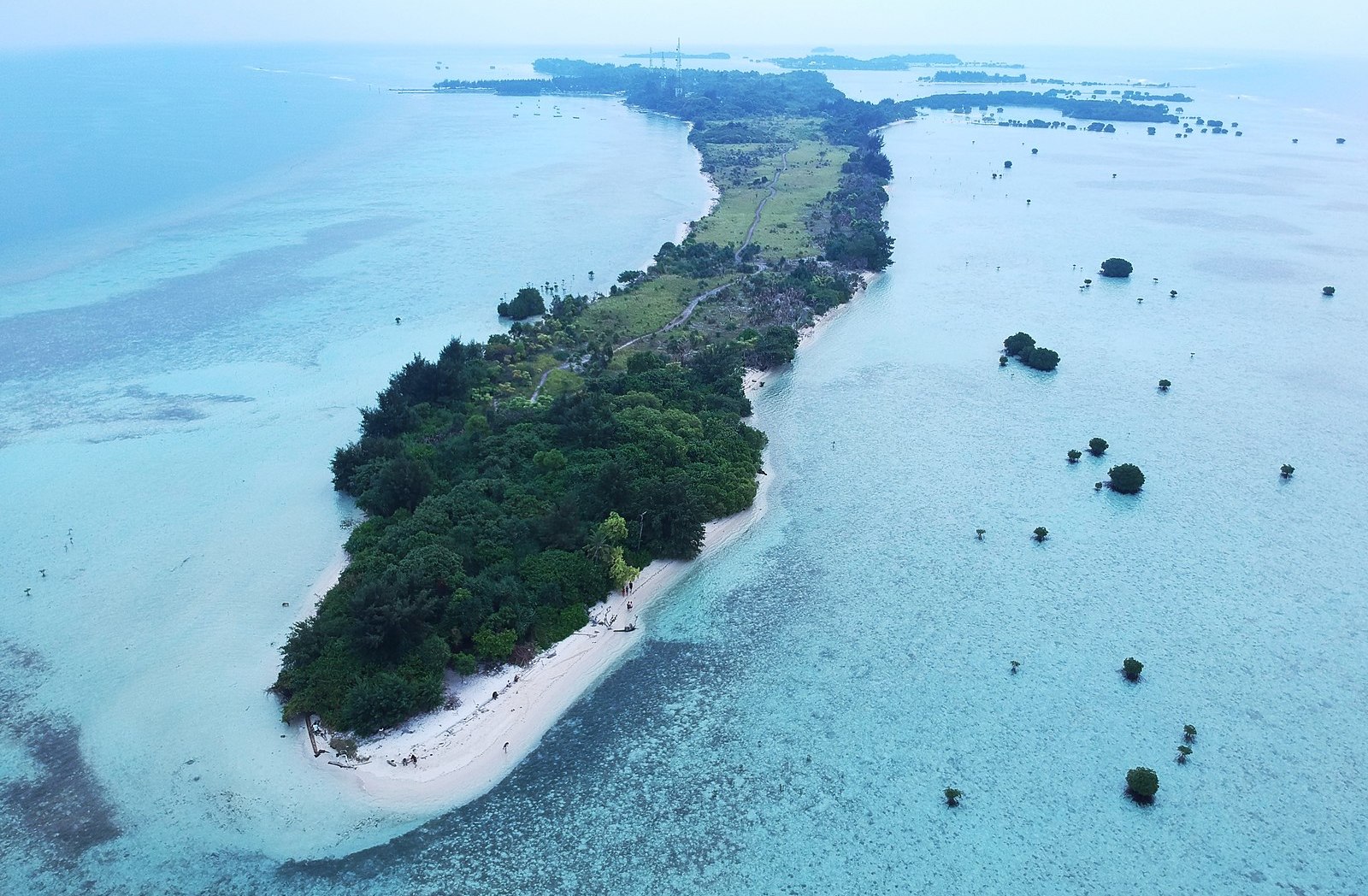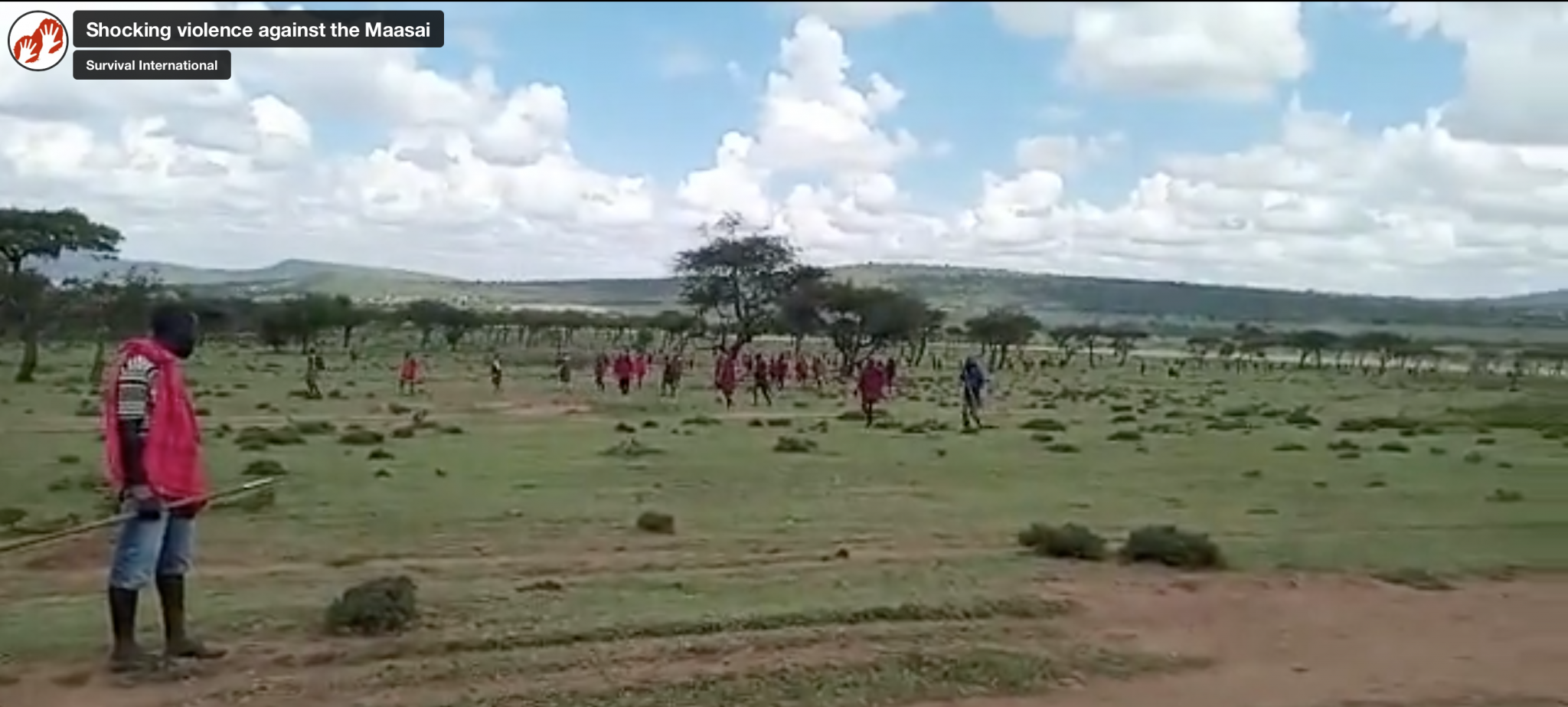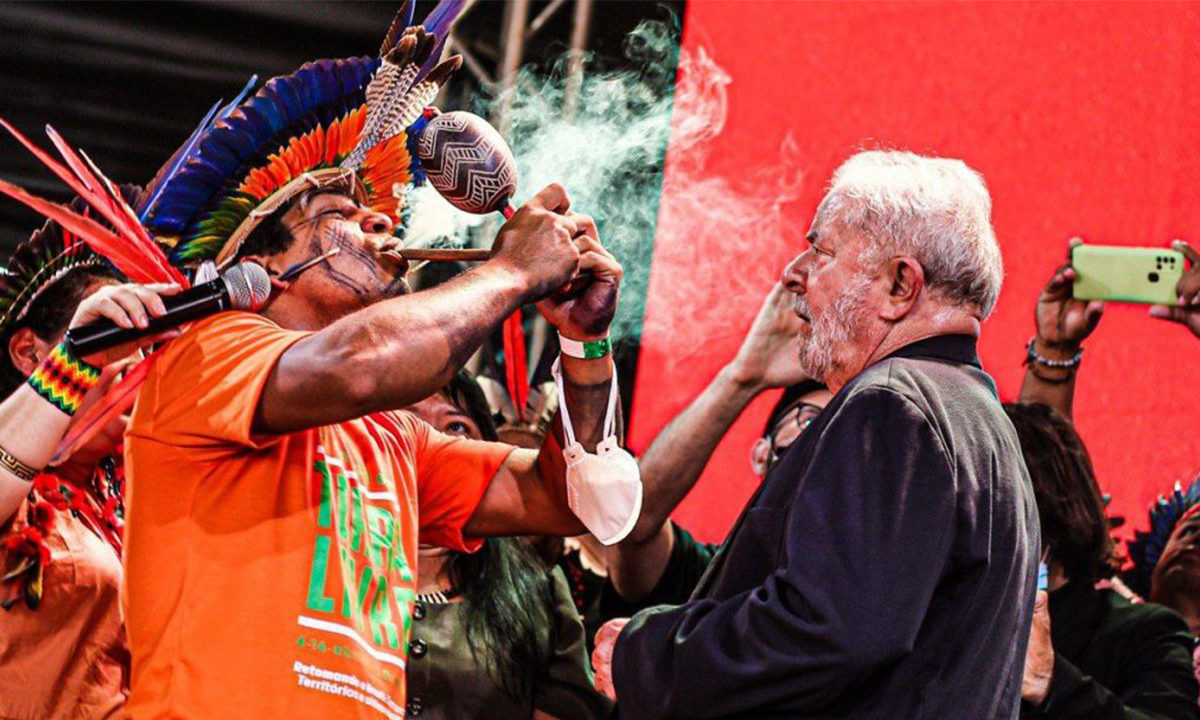
Tough congress for Brazil’s new indigenous caucus
In Brazil’s general elections, five self-identified indigenous candidates won seats as federal deputies and two as senators—the highest number in the country’s history. The most celebrated victory was that of Sônia Guajajara, a leader of her own Guajajara people in Maranhão state who has emerged as a voice for indigenous peoples on the national stage, and now takes a seat as deputy. But this new “Bancada do Cocar” (Feathered Headdress Caucus) will face tough odds in a generally more conservative National Congress. More seats were won by supporters of the reactionary outgoing president Jair Bolsonaro, and especially the Bancada Rural (Rural Caucus, dominated by the agribusiness lobby), in both the lower and upper houses. (Photo of indigenous leaders with president-elect Lula da Silva via Mongabay)



